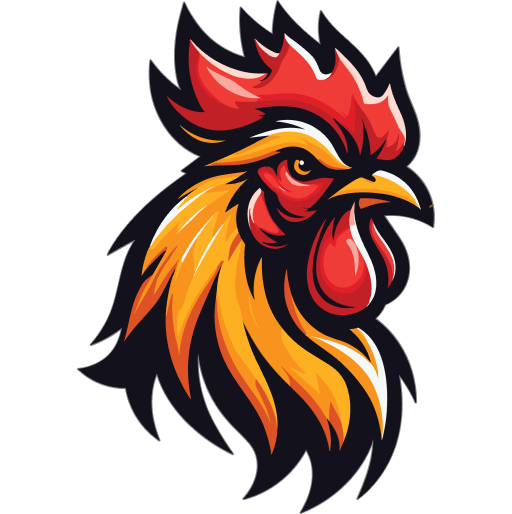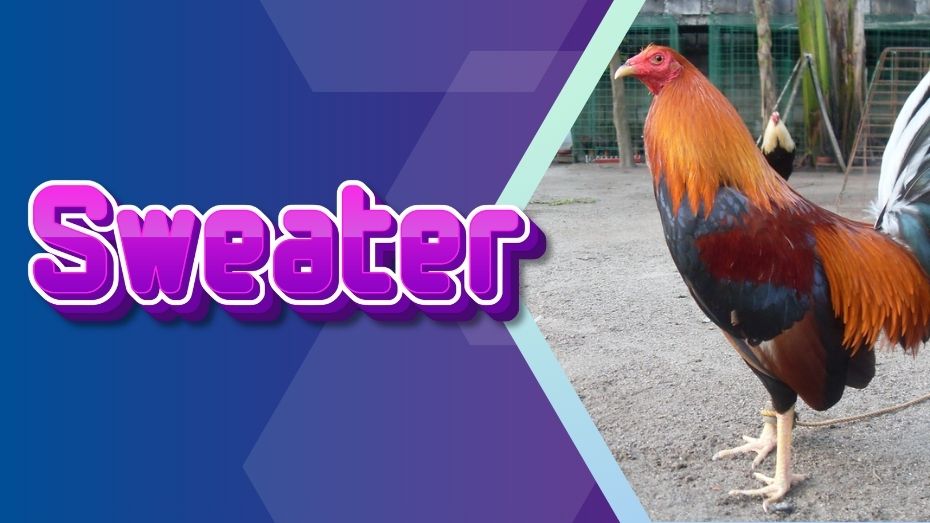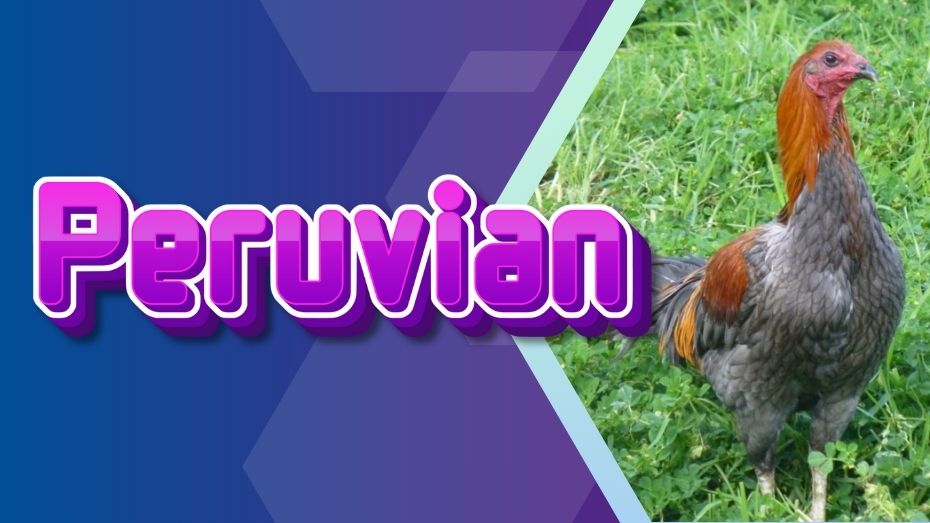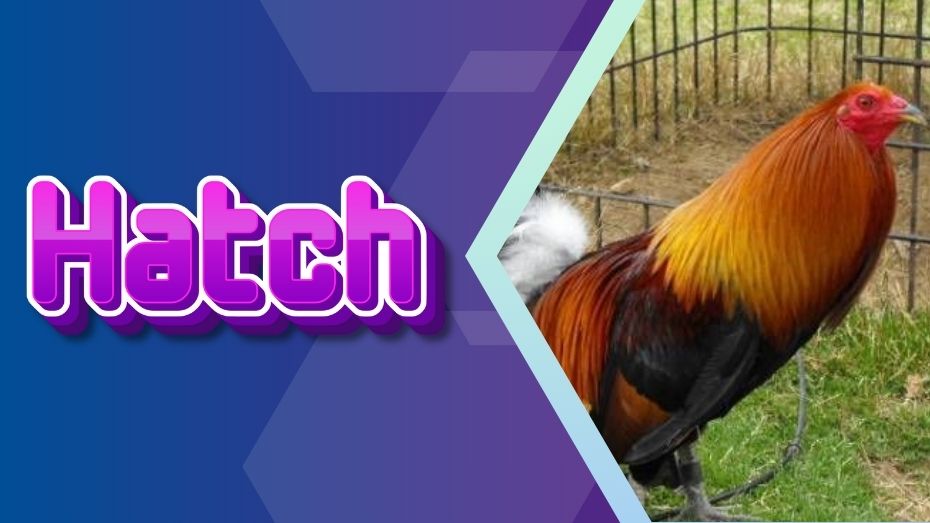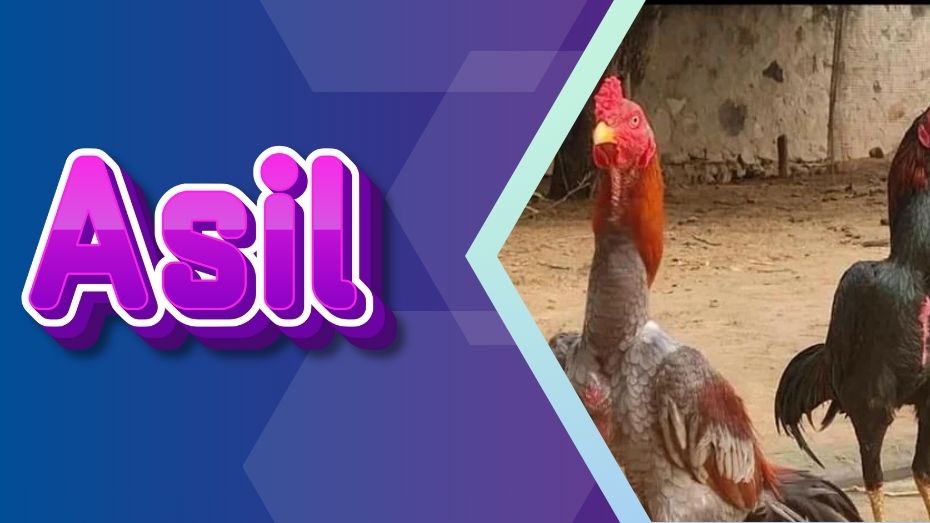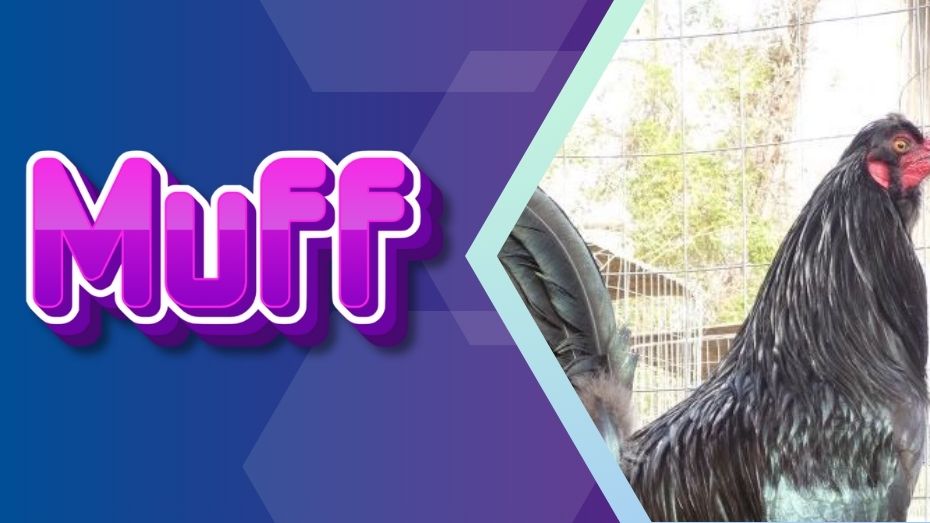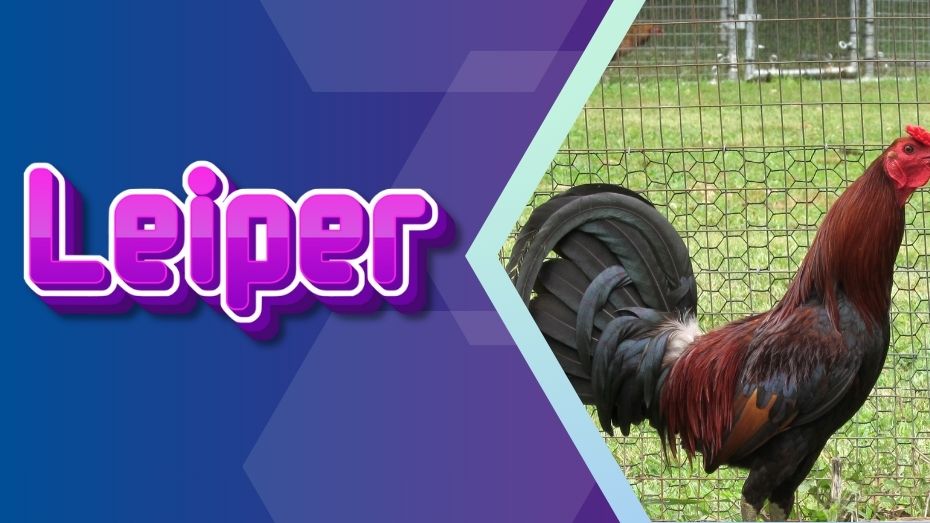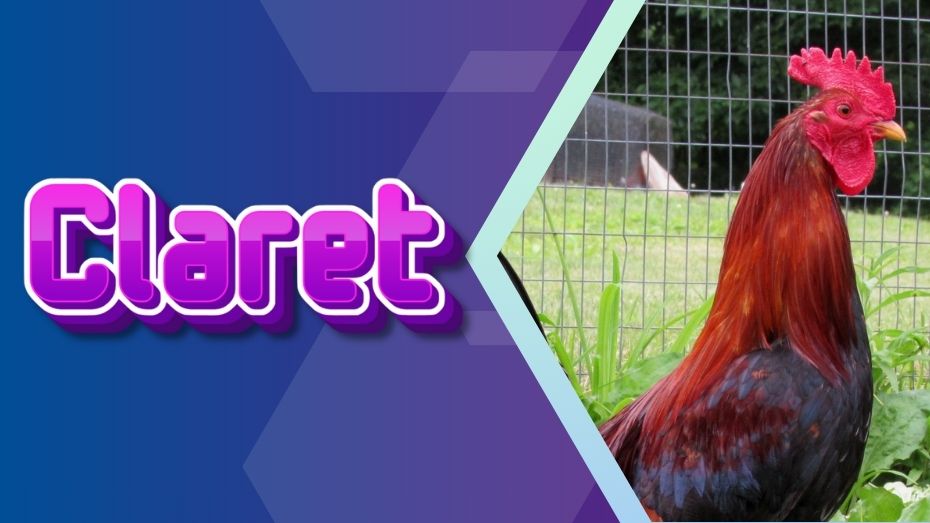The Enigmatic Phoenix Chickens: A Beacon of Beauty and Practicality

Phoenix chickens, originating from Germany, are renowned for their ornamental value and functionality as egg-layers, making them a favorite among both breeders and pet enthusiasts. Known as ‘garden chickens,’ these birds are cherished for their adaptability and striking appearance.
Origins and Evolution of the Phoenix Chicken
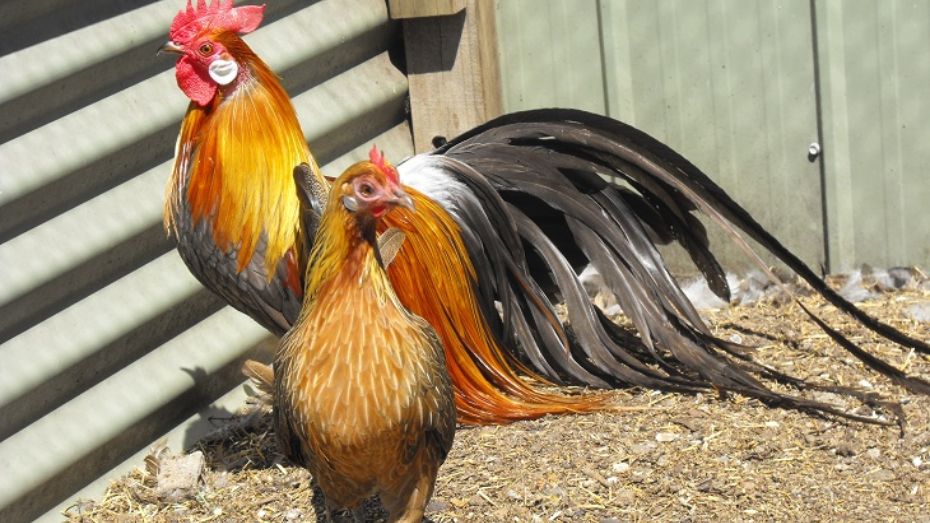
Developed by Hugo du Roi, the first president of the National German Poultry Association, the Phoenix chicken is a result of meticulous breeding involving various breeds to enhance its survivability in Europe’s colder climates. Initially derived from the Japanese Onagadori, the Phoenix was crossbred with several other breeds including:
This extensive crossbreeding led to the birth of what would be known as the Phoenix, symbolizing a new beginning from the ashes of its predecessors. Today, the American Poultry Association recognizes three Phoenix variants: Silver (1965), Golden (1983), and Black-Breasted Red (2018).
Characteristics and Features of Phoenix Chickens
These medium-sized birds, notable for their vibrant red combs and wattles, also feature clean blue legs and single combs with five distinct points. The feathering of these birds is available in a variety of colors including silver, golden, and black-breasted red, each lending a unique charm to their appearance.
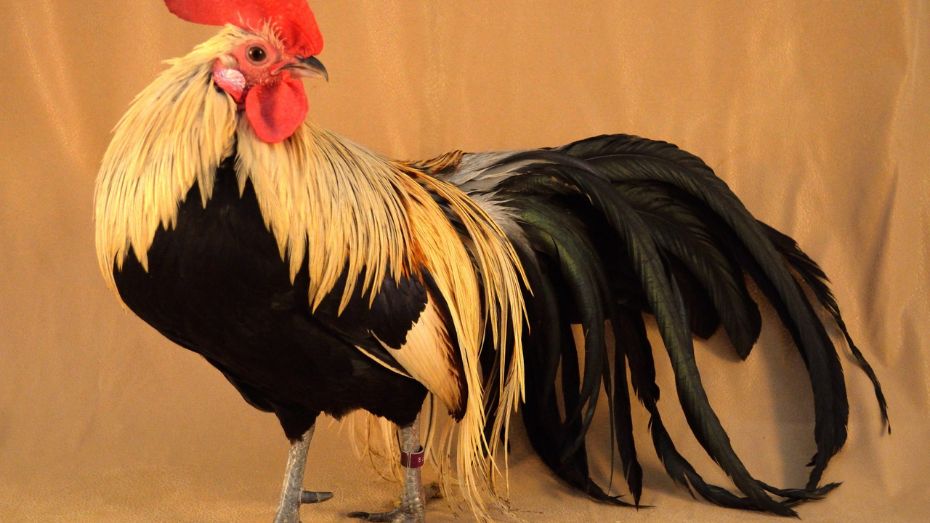
Their elegant demeanor is further accentuated by their gentle and serene nature, making them ideal candidates for exhibitions and ornamental purposes. Their calm temperament and attractive plumage ensure they are a favorite among poultry enthusiasts and often featured in shows where their beauty and grace can be fully appreciated. These qualities not only make them excellent show birds but also enjoyable companions in a variety of domestic settings.
Utility and Limitations
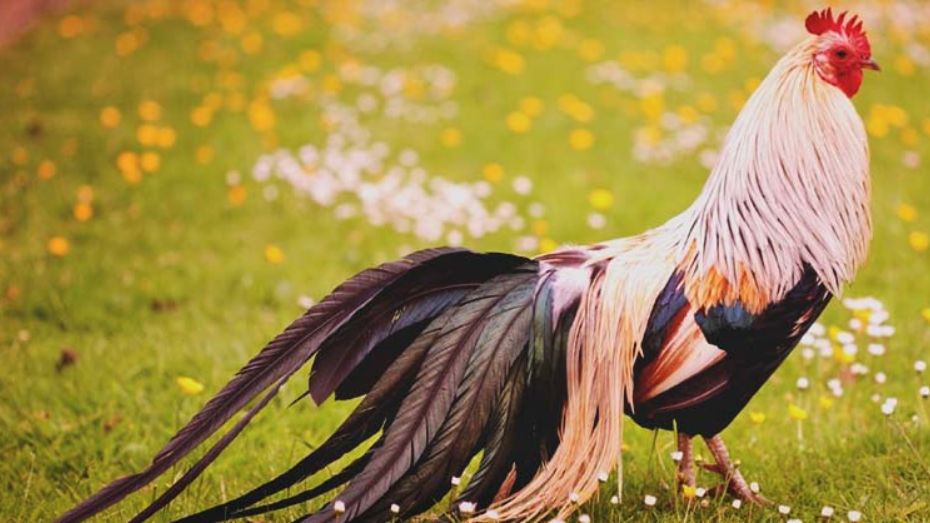
While Phoenixes are not typically used for cockfighting due to their friendly and flighty temperament, their lineage does include the Malay, hinting at a potential for more aggressive traits. However, their primary contributions remain in the realms of show birds and pet chickens. Given their limited global population of less than 10,000, Phoenixes are more valuable for genetic diversity and ornamental use than for meat or egg production on a commercial scale.
Phoenix Chickens in Modern Breeding
Despite their ornamental status, Phoenix chickens are capable egg-layers and can serve well in backyard setups. These birds are not only a delight to the eyes but also practical contributors to the homestead. Breeders looking to enhance their flock’s capabilities often cross Phoenixes with other prolific egg layers or meat birds to improve productivity. This selective breeding helps maintain the Phoenix’s presence and expand its utility beyond just aesthetics.
Integrating Phoenix chickens into a diverse poultry environment can result in a symbiotic balance where their aesthetic appeal compleates functional productivity. Such practices ensure that the breed’s ornamental qualities are preserved while enhancing the overall output of eggs or meat, depending on the breeding focus. This dual-purpose approach allows the Phoenix to remain a viable option for both serious poultry enthusiasts and casual backyard chicken keepers. Moreover, the adaptive nature of the Phoenix makes it a resilient breed, capable of thriving in various conditions while contributing to the biodiversity and sustainability of small-scale farming efforts.
The Future of Phoenix Chickens in Cockfighting
Though not currently suited for cockfighting, there is potential for breeders to develop a line of Phoenix gamefowl by introducing genes from more aggressive breeds like Asils, Shamos, or Kelsos. However, such endeavors should only proceed once their population has stabilized and increased sufficiently to prevent dilution of their genetic heritage.
Conclusion
Phoenix chickens stand as a testament to the beauty and resilience bred into them over generations. As breeders continue to explore their potential, these chickens not only enhance the diversity of poultry but also bring joy and utility to their owners. For those interested in the vibrant world of cockfighting, PH Sabong provides a thrilling platform to experience the excitement of the sport. Explore and engage in online sabong betting at PH Sabong, where the legacy of breeds like the Phoenix can be appreciated in new and dynamic ways.
